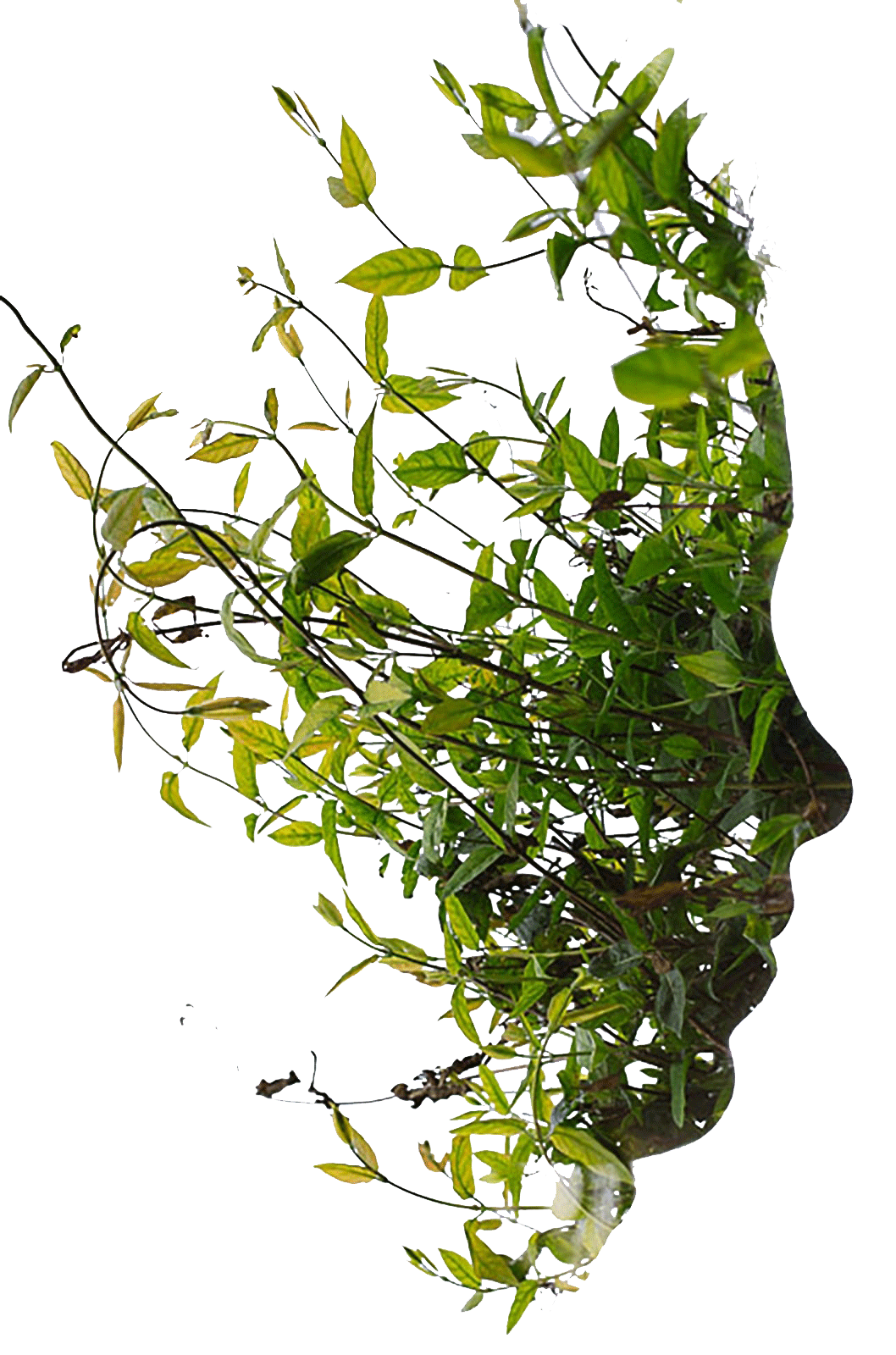The tropics are teeming with life—lush rainforests, vibrant farmlands, and ancient traditions woven into the landscapes. Few places capture this harmony quite like Bali, where permaculture isn’t just a set of techniques but a philosophy deeply ingrained in daily life. Whether you find yourself wandering through the Tegallalang Rice Paddies or admiring fresh produce at an Organic Farmers Market, you’ll see evidence of regenerative agricultural practices that nourish both the earth and its people.

Permaculture, derived from “permanent agriculture,” is about designing systems that work with nature rather than against it. In tropical climates, where sun and rain reign supreme, these methods are not only beneficial—they are essential. If you’re ready to embrace a more sustainable way of living, whether in Bali or beyond, here are ten powerful permaculture techniques to apply in tropical climates.
1. Agroforestry: The Forest That Feeds

Imagine a forest where every plant serves a purpose—providing food, medicine, or shelter. In Bali, agroforestry is not a novelty; it has been practised for generations. Unlike monoculture farming, where vast plots of land are dedicated to a single crop, agroforestry mimics natural ecosystems, creating a biodiverse haven where plants coexist in harmony.
At permaculture Bali sites, towering coconut trees shade coffee and cacao plants, while spice bushes grow beneath. This multi-layered system has immense benefits: it prevents soil erosion, retains moisture, and improves biodiversity. For travellers interested in sustainability, joining a Bali cultural tour that explores agroforestry farms offers a fascinating glimpse into how nature can provide abundance when nurtured wisely.
2. Water Harvesting: Making Every Drop Count

Tropical regions experience heavy rainfall, yet water management remains a crucial challenge. Permaculturists in Bali have perfected water harvesting techniques to ensure every drop is conserved and used efficiently.
Swales, long trenches dug along contours of the land, capture rainwater and redirect it to gardens. This simple but effective system prevents runoff and ensures soil remains hydrated even during dry spells. Additionally, rainwater collection tanks and pond systems are popular features at permaculture farms, providing water for irrigation and household use.
When visiting a permaculture farm in Bali, you may notice bamboo piping directing water naturally through the landscape—proof that sustainability can be seamlessly integrated into daily life.
3. Composting & Vermiculture: Turning Waste into Gold
A stroll through an Organic Farmers Market reveals a simple truth: the best produce comes from nutrient-rich soil. Composting is the heart of organic farming, transforming food scraps, plant waste, and manure into the ultimate soil conditioner.
Many permaculture farms take composting one step further with vermiculture—using worms to break down organic matter and produce highly fertile soil. Worms digest food scraps and excrete nutrient-rich castings, which improve soil structure and encourage healthy plant growth.
In Bali, this practice aligns beautifully with the island’s commitment to sustainability. Local farms and eco-villages host workshops where visitors can learn how to create their own compost and integrate vermiculture into home gardens.
4. Companion Planting: Nature’s Own Pest Control

Ever noticed basil growing next to tomato plants or marigolds dotting vegetable gardens? This is no accident—it’s companion planting, a method that maximises plant relationships for mutual benefit.
By placing compatible plants together, farmers can naturally repel pests, improve soil health, and increase yields. In tropical climates, lemongrass is often planted alongside chilies to deter insects, while banana trees provide shade for delicate herbs.
A Bali cooking class showcasing traditional dishes often highlights the importance of companion planting—many ingredients used in Balinese cuisine are grown together to ensure a flourishing ecosystem.
5. Natural Mulching: Keeping Soil Happy

The tropical sun can be relentless, drying out soil faster than expected. That’s where mulching comes in. Covering the ground with organic materials—such as coconut husks, palm leaves, and rice straw—helps retain moisture, suppress weeds, and regulate soil temperature.
On permaculture farms across Bali, natural mulch is everywhere. It not only keeps soil hydrated but also gradually decomposes, enriching the land with organic matter. The principle is simple: if nature sheds it, let it return to the earth.
6. Hügelkultur: Raised Beds for Abundance

Hügelkultur, a technique originating in Europe, has adapted beautifully to tropical climates. It involves creating raised garden beds filled with layers of logs, branches, compost, and soil. These beds retain moisture exceptionally well and provide a slow-release nutrient source for plants.
Visitors to permaculture Bali farms may find hügelkultur beds growing vibrant vegetables, herbs, and fruit trees—all thriving with minimal need for irrigation.
7. Integrated Animal Systems: A Natural Cycle

Animals play a vital role in regenerative farming. Ducks help control pests in rice paddies, chickens aerate the soil, and goats clear unwanted vegetation.
Many Balinese farms integrate animals into their permaculture systems, ensuring their presence supports a self-sustaining environment. It’s common to see free-roaming chickens scratching at the ground, improving soil aeration as they forage.
8. Renewable Energy: Powering Sustainability

Permaculture extends beyond agriculture—it’s a mindset encompassing all aspects of life, including energy consumption. Bali is home to eco-communities that embrace solar power, biofuel, and biogas digesters.
These technologies drastically reduce reliance on fossil fuels and create self-sufficient energy systems. Many farms have converted organic waste into biogas to fuel cooking and heating, showcasing the potential of renewable solutions.
9. Bamboo Architecture: Sustainable Building

Few materials are as sustainable as bamboo. Used for centuries in tropical regions, bamboo is lightweight, durable, and grows rapidly.
Eco-resorts and permaculture farms in Bali take advantage of this natural resource, crafting everything from homes to furniture using bamboo. The island’s architectural ingenuity proves that sustainability goes beyond farming—it encompasses the way we live and build.
10. Community-Based Permaculture: A Culture of Sharing

Perhaps the most important permaculture principle is community involvement. Sustainability thrives when people work together, sharing knowledge, resources, and traditions.
From Bali cultural tours promoting sustainability to organic farming collectives teaching future generations, Bali showcases the power of shared responsibility. In permaculture, success isn’t measured by individual gains but by how well a system nourishes both the land and its people.
Permaculture in tropical climates is more than a farming technique—it’s a movement of resilience, regeneration, and respect for nature. Whether you’re a traveller embracing Slow Living or a farmer looking to transform the land, these principles offer a roadmap to sustainability.
Bali, with its reverence for nature, stands as a beacon for how permaculture can be seamlessly integrated into daily life. And as you wander through an Organic Farmers Market or marvel at the cascading beauty of the Tegallalang Rice Paddies, you’ll witness firsthand the magic that happens when humans and nature work together.

